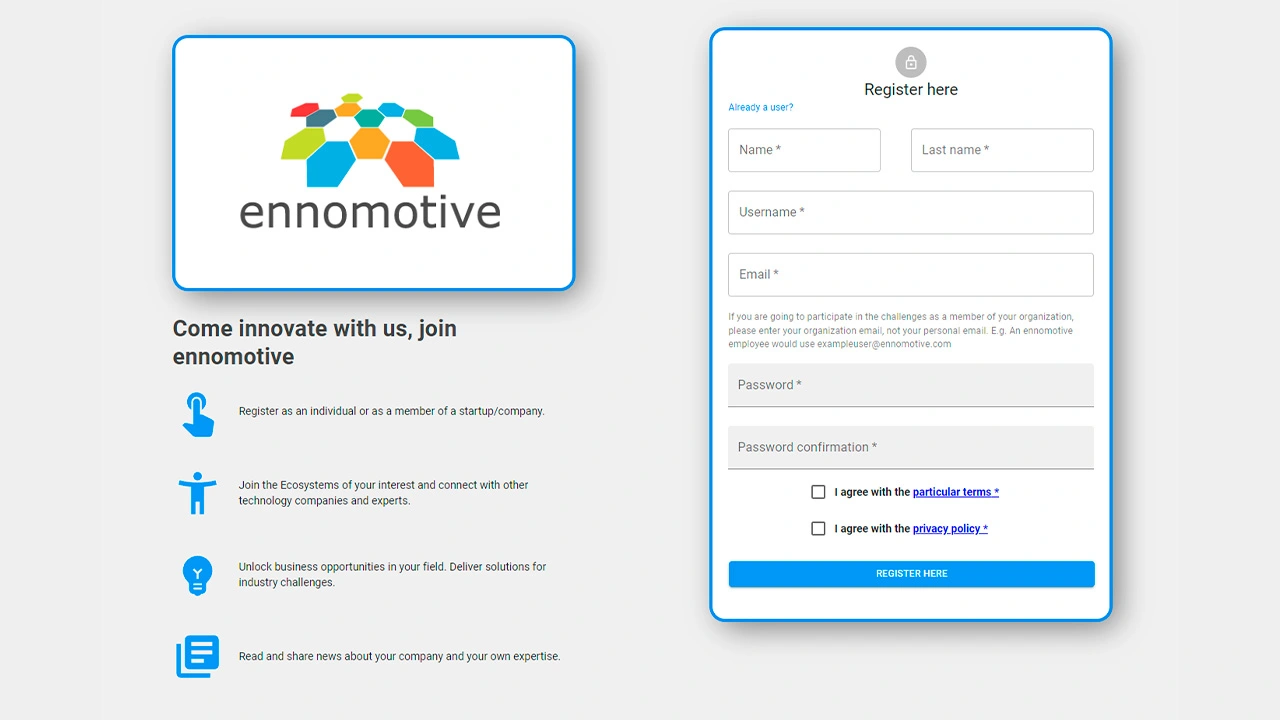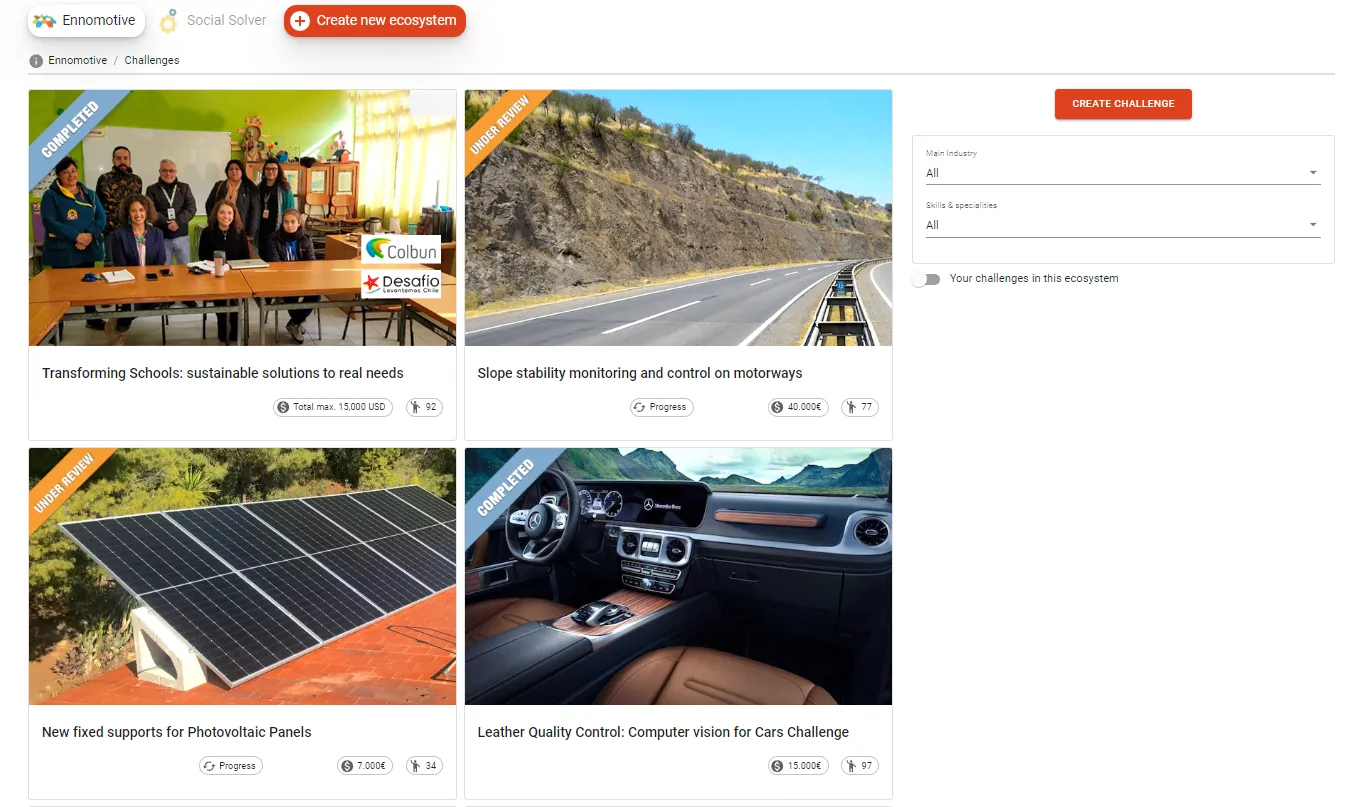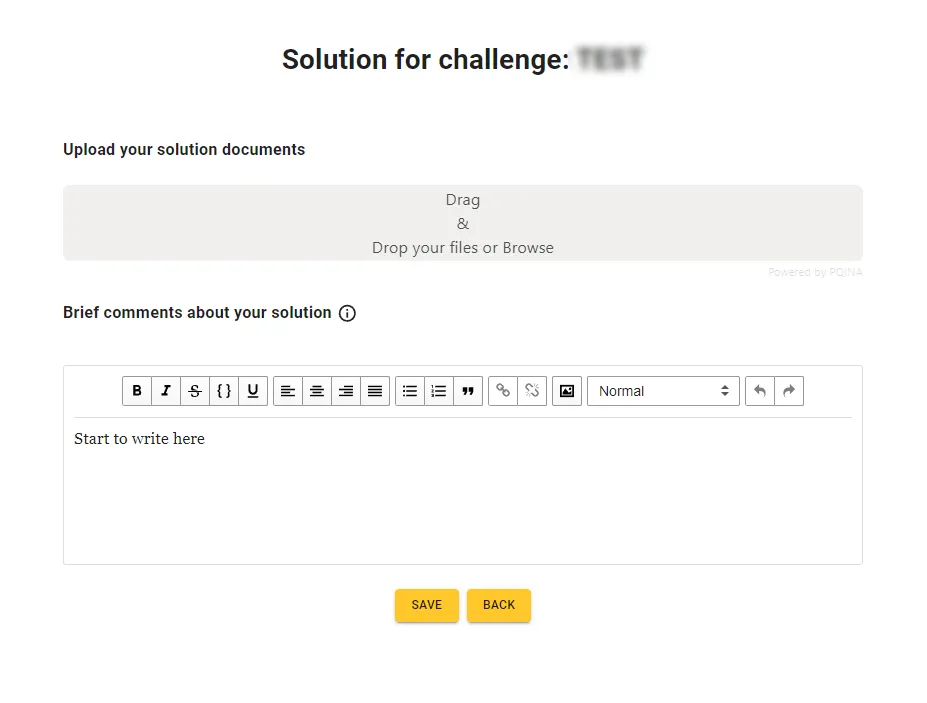Background
Ferrovial is one of the world's leading infrastructure operators and municipal services companies, committed to developing sustainable solutions.
The company has 74,000 employees and is present in over 15 countries. It is a member of Spain’s blue-chip IBEX 35 index and is also included in prestigious sustainability indexes such as the Dow Jones Sustainability Index and FTSE4Good.
The company’s activity is carried out through four business lines: Services, Toll Roads, Construction and Airports.
A commitment society is one of Ferrovial’s distinguishing characteristics. Accordingly, the company is committed to Corporate Responsibility, best practices in Quality and the Environment, and the advance of Innovation. They provide services to large communities to promote socio-economic development, helping improve people’s living standards and contributing to their development.
The challenge
Major infrastructure works require the transportation of bulk materials such as soil and stones, gravel for roads surface, ballast for railway tracks, concrete or precast concrete for tunnels, panels for buildings, etc.
Besides, the work environment is continuously changing, with paths that vary as the work progresses and dust, mud or puddles, steep slopes, accumulation of materials, moving obstacles, working and driving staff, and a never-ending list of hurdles that make it a dangerous working environment.
The transportation has been done so far with vehicles driven by people responsible for both their own safety and the rest of the workers.
What the client is looking for
Ferrovial is looking for partial creative solutions that can lead in the future to a final solution for safe and cost effective materials transportation.
For this purpose, a small prototype is wanted, using commercial robotic platforms type Arduino, adding sensors, software, etc. to make transportation autonomous in a work-simulated environment (small-scale):
- Trips to several procurement and destination spots.
- Repetitive trips.
- Change of conditions and obstacles during transportation.
- Slopes and risk of fallings.
- Fixed obstacles such as piles of sand or gravel accumulated prefabs, fallen materials or detached rocks.
- Moving obstacles like other vehicles or people passing by.
- Materials to be transporter will be lightweight (little papers simulating rocks for example)
All kinds of technologies can be used, with sensors or cameras both on the very prototype and on a drone or mother vehicle leading the way. Furthermore, IOT can also be used in other vehicles, people or objects that facilitate the detection by communicating with the prototype.
In the annex we include the following:
- Sample pictures with materials used in construction works.
- Sample pictures of real construction work environments.
This is a 3-rounds tournament with the following submissions:
First round
A 2 pages MS Word document including:
- Brief description / sketches of the proposed solution.
- Short video showing the functionality of your initial prototype.
In addition you can add attached document to support your solution
Second round
- Semifinals: Showcase at Robot Global Expo Madrid (Spain) 2 Feb.
- Travel to Madrid will be supported (300€ maximum) for the best solutions and participants living far away from Madrid. For some exceptions, we are considering remote presentations.
Third round
- Final at Robot Global Expo Madrid 3 Feb.
Evaluation Criteria
- Technical solution quality
- Safety
- Time to complete a circuit
- Lower costs
Tournament Structure and Timing
This is a 3 rounds tournament with the following timings
1st round – 4 weeks + 1 week for evaluation
2nd round – 1 day (2nd of Feb 2017)
3rd round – 1 day (3rd of Feb 2017)



